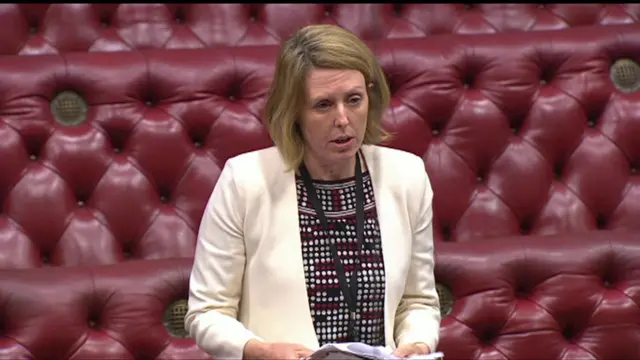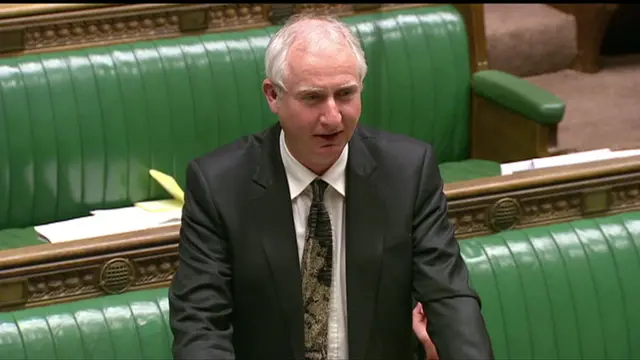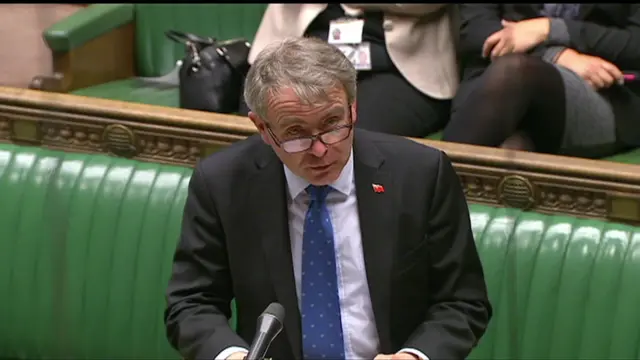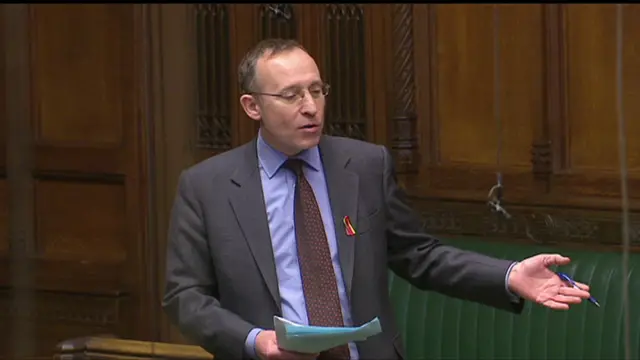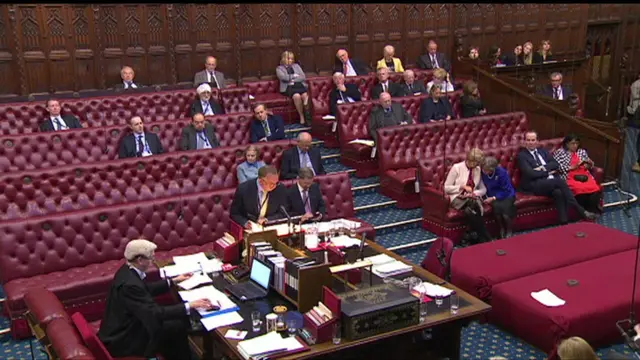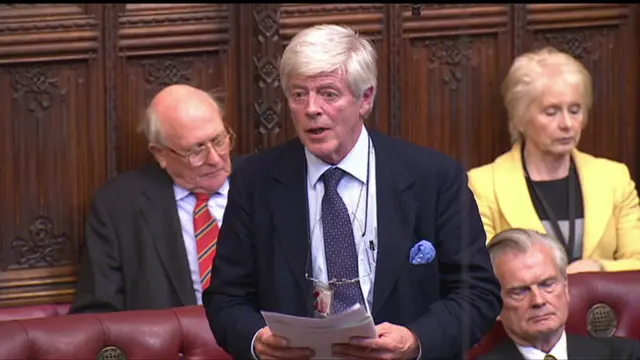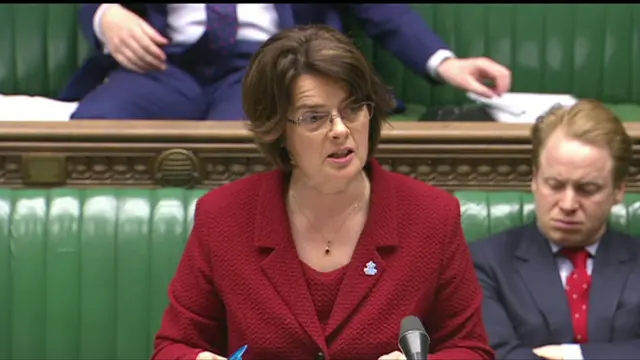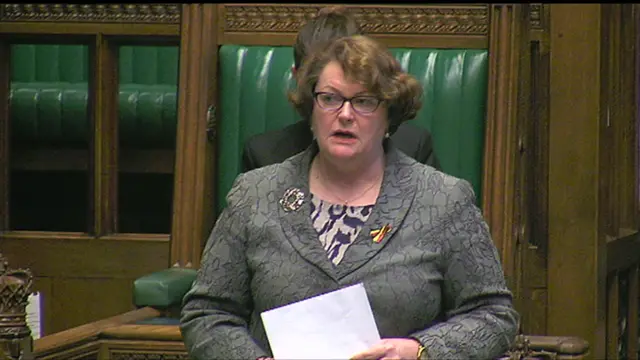Further consultation 'unnecessary'published at 20:29
Transport for London Bill
 House of Commons
House of Commons
Parliament
Another London MP, Conservative Bob Blackman, opposes adding a requirement for a public consultation before Transport for London can lease land for development.
An amendment proposed by Labour MP Andy Slaughter would introduce this requirement.
Mr Blackman says TfL is "subject to the normal legal requirements on the development of land", which include a requirement to consult.
This makes a further consultation unnecessary, he asserts.

